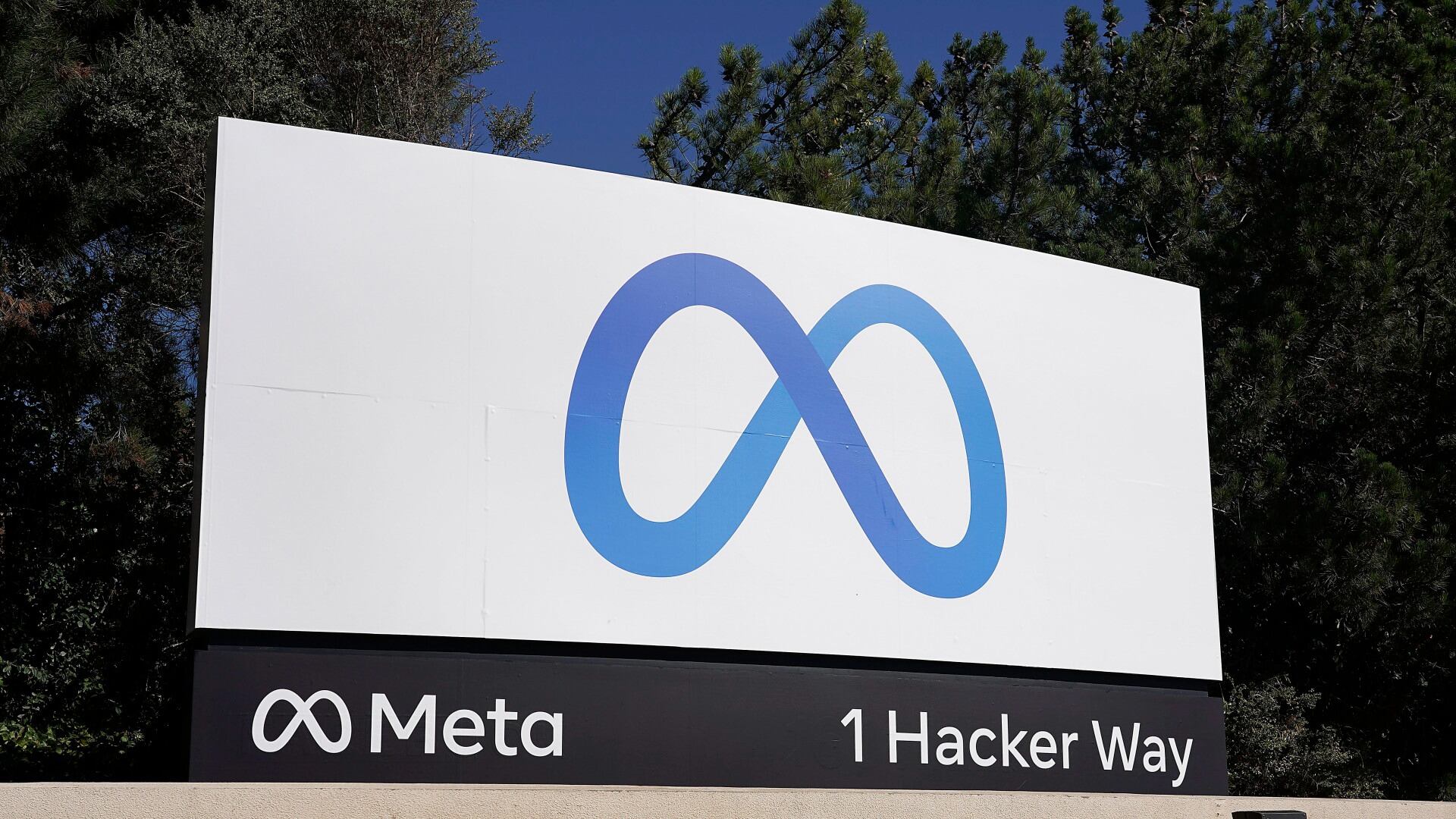Facebook and Instagram users will start seeing labels on AI-generated images that appear on their social media feeds, part of a broader tech industry initiative to sort between what’s real and not.
Meta said Tuesday it's working with industry partners on technical standards that will make it easier to identify images and eventually video and audio generated by artificial intelligence tools.
What remains to be seen is how well it will work at a time when it's easier than ever to make and distribute AI-generated imagery that can cause harm — from election misinformation to nonconsensual fake nudes of celebrities.
“It's kind of a signal that they’re taking seriously the fact that generation of fake content online is an issue for their platforms,” said Gili Vidan, an assistant professor of information science at Cornell University. It could be “quite effective” in flagging a large portion of AI-generated content made with commercial tools, but it won't likely catch everything, she said.
Meta's president of global affairs, Nick Clegg, didn’t specify Tuesday when the labels would appear but said it will be “in the coming months” and in different languages, noting that a “number of important elections are taking place around the world.”
“As the difference between human and synthetic content gets blurred, people want to know where the boundary lies,” he said in a blog post.
Meta already puts an “Imagined with AI” label on photorealistic images made by its own tool, but most of the AI-generated content flooding its social media services comes from elsewhere.
A number of tech industry collaborations, including the Adobe-led Content Authenticity Initiative, have been working to set standards. A push for digital watermarking and labeling of AI-generated content was also part of an executive order that U.S. President Joe Biden signed in October.
Clegg said that Meta will be working to label “images from Google, OpenAI, Microsoft, Adobe, Midjourney, and Shutterstock as they implement their plans for adding metadata to images created by their tools.”
Google said last year that AI labels are coming to YouTube and its other platforms.
"In the coming months, we’ll introduce labels that inform viewers when the realistic content they’re seeing is synthetic,” YouTube CEO Neal Mohan reiterated in a year-ahead blog post Tuesday.
One potential concern for consumers is if tech platforms get more effective at identifying AI-generated content from a set of major commercial providers but miss what's made with other tools, creating a false sense of security.
“There’s a lot that would hinge on how this is communicated by platforms to users,” said Cornell's Vidan. “What does this mark mean? With how much confidence should I take it? What is its absence supposed to tell me?”
Ford is recalling more than 355,000 of its pickup trucks across the U.S. because of an instrument panel display failure that’s resulted in critical information, like warning lights and vehicle speed, not showing up on the dashboard.
Nvidia reported a 56% increase in second-quarter revenue and a 59% rise in net income compared to a year ago.
The Rev. Al Sharpton is set to lead a protest march on Wall Street to urge corporate America to resist the Trump administration’s campaign to roll back diversity, equity and inclusion initiatives. The New York civil rights leader will join clergy, labor and community leaders Thursday in a demonstration through Manhattan’s Financial District that’s timed with the anniversary of the Civil Rights-era March on Washington in 1963. Sharpton called DEI the “civil rights fight of our generation." He and other Black leaders have called for boycotting American retailers that scaled backed policies and programs aimed at bolstering diversity and reducing discrimination in their ranks.
President Donald Trump's administration last month awarded a $1.2 billion contract to build and operate what's expected to become the nation’s largest immigration detention complex to a tiny Virginia firm with no experience running correction facilities.
Netflix CEO Ted Sarandos claims audiences don't want to watch Netflix movies in theaters, but that seems not to be the case recently.
Chipmaker Nvidia is poised to release a quarterly report that could provide a better sense of whether the stock market has been riding an overhyped artificial intelligence bubble or is being propelled by a technological boom that’s still gathering momentum.
Cracker Barrel said late Tuesday it’s returning to its old logo after critics — including President Donald Trump — protested the company’s plan to modernize.
Low-value imports are losing their duty-free status in the U.S. this week as part of President Donald Trump's agenda for making the nation less dependent on foreign goods. A widely used customs exemption for international shipments worth $800 or less is set to end starting on Friday. Trump already ended the “de minimis” rule for inexpensive items sent from China and Hong Kong, but having to pay import taxes on small parcels from everywhere else likely will be a big change for some small businesses and online shoppers. Purchases that previously entered the U.S. without needing to clear customs will be subject to the origin country’s tariff rate, which can range from 10% to 50%.
Southwest Airlines will soon require plus-size travelers to pay for an extra seat in advance if they can't fit within the armrests of one seat. This change is part of several updates the airline is making. The new rule starts on Jan. 27, the same day Southwest begins assigning seats. Currently, plus-size passengers can pay for an extra seat in advance and later get a refund, or request a free extra seat at the airport. Under the new policy, refunds are still possible but not guaranteed. Southwest said in a statement it is updating policies to prepare for assigned seating next year.
Cracker Barrel is sticking with its new logo. For now. But the chain is also apologizing to fans who were angered when the change was announced last week.













